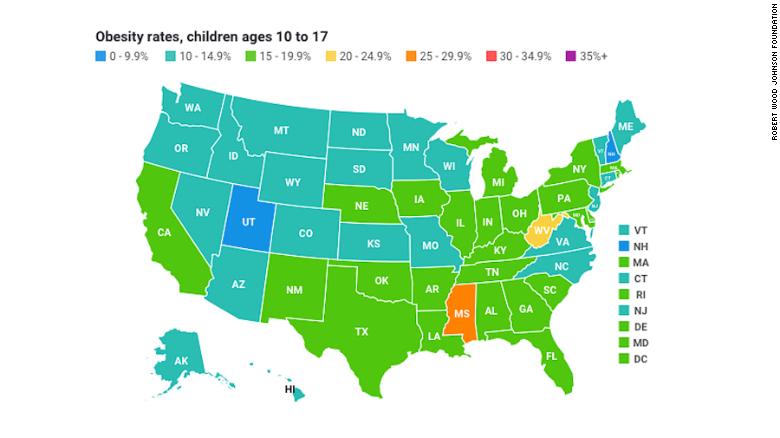 Black and Hispanic children are being targeted with unhealthy advertisements, a new study finds. “Junk food comprised 86% of ad spending on black-targeted programming and 82% of spending on Spanish-language television in 2017.”
Black and Hispanic children are being targeted with unhealthy advertisements, a new study finds. “Junk food comprised 86% of ad spending on black-targeted programming and 82% of spending on Spanish-language television in 2017.”
Not only are these companies targeting these groups, but they are targeting them with their unhealthiest products.
A report by the Rudd Center, a research and policy group working to combat childhood obesity, looked at the advertising efforts of 32 food and beverage companies that spent upwards of $100 million just to reach children in 2017.
Researchers compared these findings to a study done in 2013 and they found a big disparity between what minority youths was exposed to compared to white children.
“In 2013, black youth saw 70% more food-related ads than their white peers. By 2017, black children saw 86% more than white kids, and black teens saw 119% more than white teens, the study found.”
Although there has been a movement towards offering healthier options, researchers believe that these efforts were more PR than put into advertising for children, particularly within Hispanic and Black communities. Only 3% of ads for healthy options went towards advertisements, 1% of that went to black-targeted programming and little to none to Hispanic children. This means that Spanish-language television didn’t have ads for healthy food, instead had up to 20% for candy.

“At best, these advertising patterns imply that food companies view Black consumers as interested in candy, sugary drinks, fast food, and snacks with a lot of salt, fat, or sugar, but not in healthier foods,” said Shiriki Kumanyika, one of the study’s authors and chair of the Council on Black Health, in a written statement.
Kumanyika believes these companies are contributing to an increased risk in obesity, diabetes and high blood pressure in these communities. “According to the US Centers for Disease Control and Prevention, nearly 26% of Hispanic youth and 22% of black youth were deemed obese, versus 14% of whites and 11% of Asians. The worst off, though, were Hispanic boys at 28% and black girls at more than 25%.”
CNN attempted to contacted the companies who were studied in this report but all denied to comment except Hershey, which responded that the data was “not accurate.” Claiming their is a difference between “reaching” and “targeting” viewers, and they are “targeting” adults or decision makers in the household not their children.
Researchers are hoping that food manufacturers will consider the effects of their advertising on health and aim to promote healthier food to children all over. Even if the ads are being “targeted” toward adults, children are often influenced by the choices their parents make.
It is important to support health equity for everyone, no matter where they are from. Marketing does have power and can improve health by promoting healthier products.
To learn more: “Black and Hispanic youth are targeted with junk food ads, research shows” – CNN
Sign up for Diabetes Blog Bytes – we post one daily Blog Byte from Monday to Friday. And of course, Tuesday is our Question of the Week. It’s Informative and FREE! Sign up below!
[yikes-mailchimp form=”1″]








